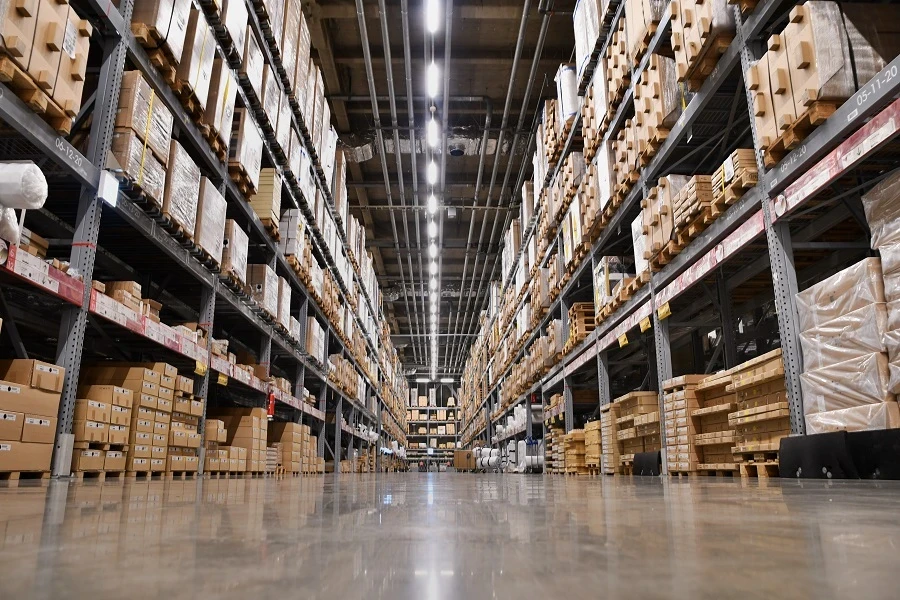This regulatory act introduces the concept of "electronic commerce goods" into legal practice, establishes a separate customs duty for this sector, and regulates the activities of electronic commerce operators.
The changes affect the Criminal Code, the Code of Offenses, and the law "On Customs Regulation," which allows for the synchronization of national legislation with the innovations of the Customs Code of the EAEU.
Main Innovations
- Special duty for e-commerce. A separate customs duty is introduced for electronic commerce goods purchased by individuals; if necessary, taxes according to the Tax Code will be applied.
- Fixed fees for e-commerce release. The amounts of the fees will be established by the Cabinet of Ministers; fees for customs escort and the use of navigation (electronic) seals are also specified — 1/10 of the calculated indicator for each kilometer.
- Electronic commerce operator. A registry of operators will be created, which will have requirements for premises and sites (including MPO), IT integration with customs authorities, liability insurance, and staff qualifications (at least two certified specialists).
- Declaration and release. The declarant can be an individual recipient (from 16 years old) or an operator; deadlines for release and rules for the return of goods with their identification are established.
- Prohibition on commercial use. Goods released under the e-commerce regime for individuals cannot be used in entrepreneurial activities — liability is provided for this.
- Control infrastructure. Operator sites will be included in customs control zones; for certain categories of goods, movement is allowed only through checkpoints specified by the authorized body.
Consequences for Businesses and Consumers
Marketplaces, courier services, and postal operators need to prepare in advance for inclusion in the registry of operators, establish IT exchanges with customs authorities, and ensure insurance. Clear rules for the calculation of duties and taxes, as well as a mechanism for returns, will be established for buyers. The duty-free import norms for e-commerce will be determined at the level of the EEC, while the Cabinet may impose stricter restrictions.
The law will come into force upon the adoption of the Protocol on Amendments to the Agreement on the Customs Code of the EAEU, which was signed on December 25, 2023.
The Cabinet of Ministers will be given 6 months to align subordinate legislation and approve key parameters: fixed fees, requirements for operators, technical regulations for data exchange, procedures for identifying returns, and other issues.
Subscribers of the Tazabek publication can familiarize themselves with the text of the law.













